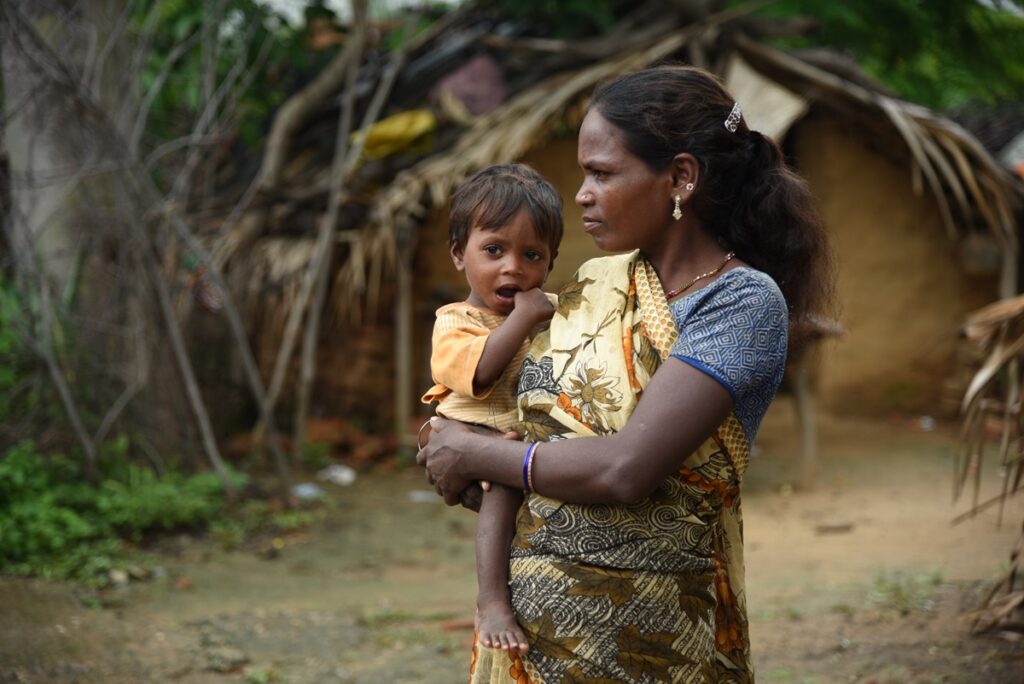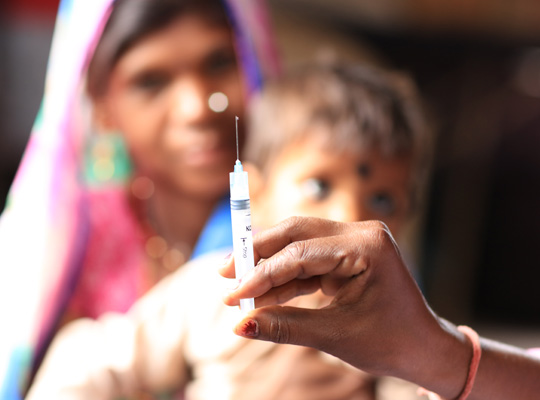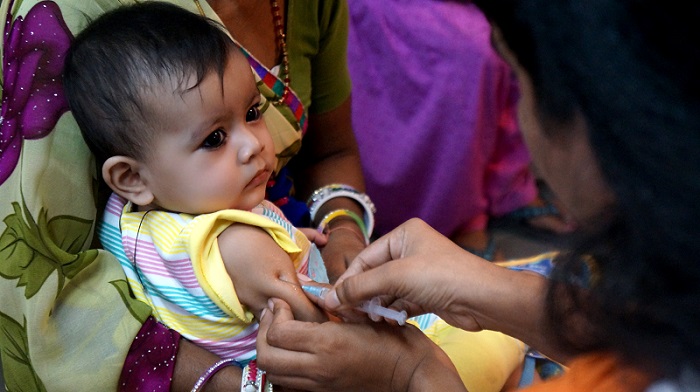
The Vital Importance of Prenatal and Postnatal Care in India
For most women, becoming a mother and holding their newborn baby is one of the happiest moments of their lives. It is a joy and happiness that every ....
Read MoreImmunization holds the key to protecting children's health and building stronger communities. In India, however, a worrying gap exists - only 3 out of 5 children receive complete immunizations (NHFS 4 data - 2016). This leaves them vulnerable to preventable diseases like measles, mumps, and tetanus, potentially leading to severe complications and, in many cases, even death.

Immunization is necessary in developing the child's health and building healthier communities. Here are the reasons below why one should prioritizing childhood immunization.
Vaccines train the immune system to recognize and fight specific pathogens, effectively shielding children from serious and potentially life-threatening illnesses like measles, mumps, rubella, polio, hepatitis, and many others.

Immunization programs have significantly reduced the incidence and complications of infectious diseases. This translates to lower child mortality and morbidity rates, ensuring healthier futures for generations to come.
When a significant portion of a population is immunized, it creates a protective umbrella known as herd immunity. This significantly reduces the overall transmission of the pathogen, safeguarding those who are more vulnerable or unable to receive vaccines.
The success of immunization campaigns has paved the way for the eradication of certain diseases. Smallpox, for example, was declared eradicated in 1980 thanks to widespread vaccination efforts.
Immunization is a remarkably cost-effective public health intervention. The economic burden of treating and managing vaccine-preventable diseases far exceeds the cost of vaccination programs.
Beyond preventing the onset of disease, vaccines also reduce the severity of symptoms and the risk of complications. For instance, the influenza vaccine can significantly decrease the occurrence of severe respiratory complications in children.

Many vaccines offer long-lasting immunity or require booster shots to maintain protection. Childhood vaccinations provide the foundation for a lifetime of defence against specific diseases.
Immunization plays a vital role in global health by curbing the spread of infectious diseases across borders. This is particularly critical in our interconnected world where people and pathogens can easily travel from one region to another.
Immunization is more than just a medical intervention; it's a cornerstone of public health. CRY's team works tirelessly to ensure regular and timely vaccination of children in their project areas and safeguard them from serious diseases, reducing the overall burden of illness, and contributing to the well-being of communities. We can collectively build a healthier future for children and the broader population.
Remember, every child deserves a chance to grow up healthy. Join us in ensuring they receive the crucial protection of timely vaccinations.
Donate to CRY today!